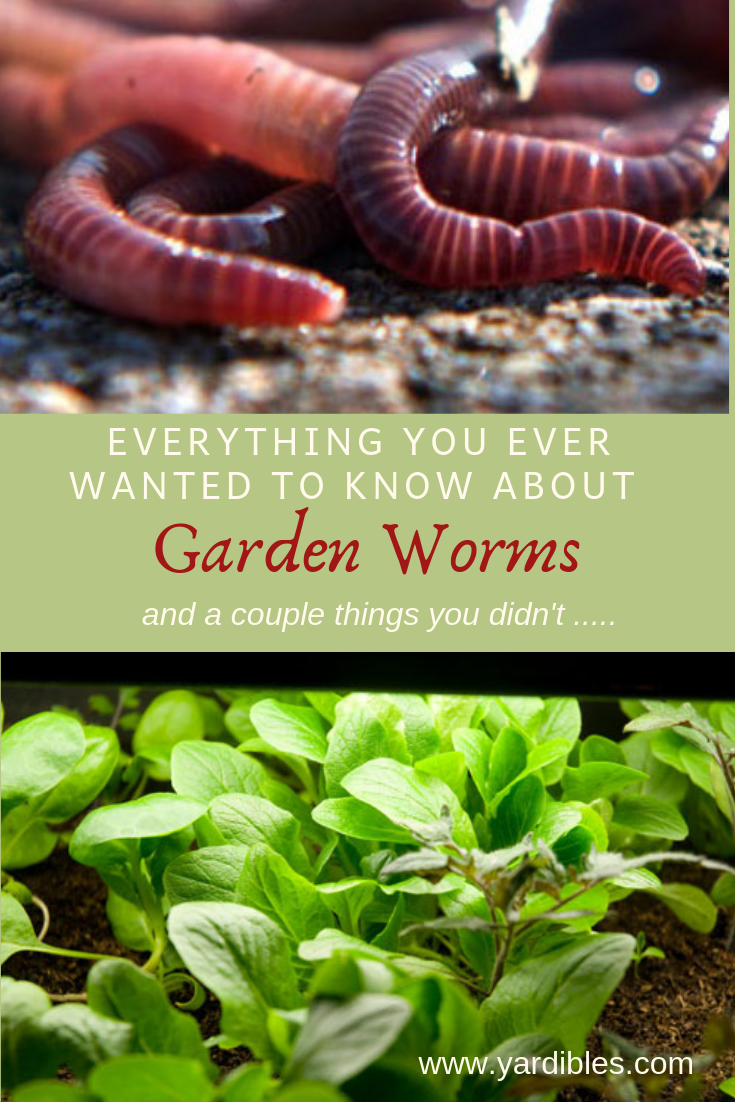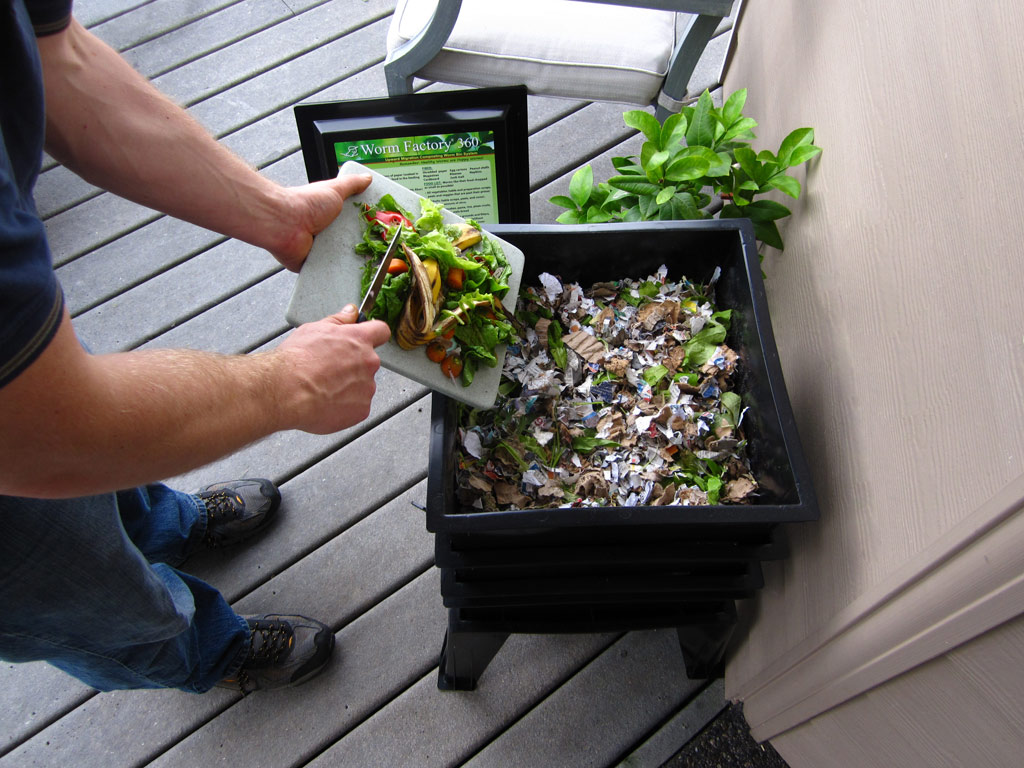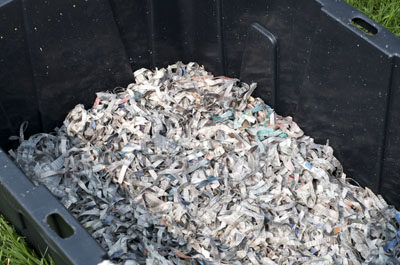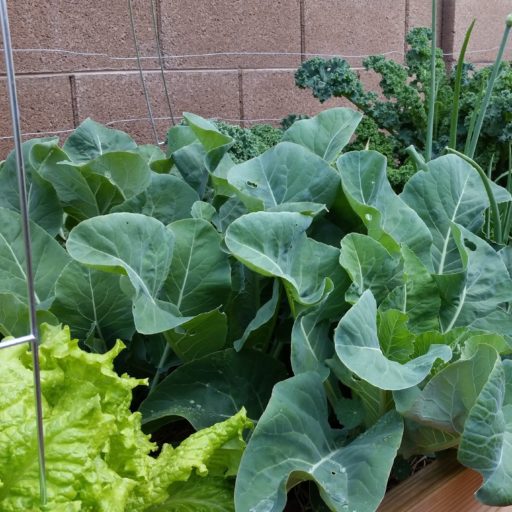
Everything You Ever Wanted To Know About Worms!
Many people have many questions about the keeping of worms. There are many great resources available on the web to answer your questions. We decided to make a quick list of the most common questions about vermicomposting.
My posts may contain affiliate links. If you purchase something from one of our links we may earn a small commission, doesn’t cost you any more but helps us to bring you more great tips, recipes and garden ideas. Also, as an Amazon Associate, I earn from qualifying purchases.
Do worms bite?
This question is asked over and over again from the pre-schoolers (and some teachers) that I have shared my worm knowledge with. NO, contrary to popular belief, worms have no teeth and therefore do not bite. Besides the fact that their mouths are teeny tiny has nothing to do with it.
Do the Worm Bins smell?
Worm Bins in general do not smell, although I have been told that my worm area smelled like dirt. They do not give off a foul odor unless something dreadfully wrong is going on in your bin. If you maintain the proper amounts of ventilation, worm food, moisture and bedding you should have no problems.
Will my Worm Bin attract fruit flies?
The answer is yes and no. If you are diligent about burying your food scraps under 3″+ of bedding fruit flies will be less likely to find the food and/or will die before they can escape. You can also microwave or freeze your fruit (especially bananas) to help prevent the introduction of the little beasts. If you have an infestation try to vacuum up as many as you can or set out homemade fruit fly traps in the bin.
I overloaded my Worm Bin with Food, will my worms survive?
The best solution to this is to not add anymore food to the system. If the worms are having a hard time dealing with the amount of food you can try to remove some of it and see if the system rights itself. You can also try to add some new bedding to the mix.
My Worm Bin is too wet, what do I do?
If you worm bin has too much moisture try adding shredded or torn paper or newspaper to the bin to absorb some of the extra moisture. If you have a lid on your bin you can also leave it open to help it dry out a little.
There is mold in my bin! Will it hurt my worms?
No, actually the worms love feasting on the mold. The mold and bacteria help to breakdown the food scraps to a more palatable form for the worms. If you do not like to look at the hairy mass in your bin you can cover it up with bedding until the worms digest it.
At what temperature are worms the most active?
Red wigglers (Eisensia fetida) are most active at temperatures between 59-77°F (15-25°C). They may still work their way through a bin at temperatures as low as 50°. Below freezing temperatures will kill them. Other varieties of worms may have different temperature needs. For example – Eudrilus eugeniae better known as the African Nightcrawler will die at temperatures under 50° and therefore are better suited to indoor heated environments.
What happens to my worms in the winter?
When it gets colder, your worms will slow down, and will not be able to digest as much food waste. You will most likely need to cut back on the amount of food waste you feed your worms between November and February. Red worms can survive cold winters outside if protected by bedding in a worm bin.
What came first, the worm or the cocoon?
The age old question “What came first, the worm or the cocoon. While I am still doing extensive research to answer this impossible question, we will leave you with a few worm facts.
Growth Rate:
- 30-75 Days to hatch from cocoon
- 50-80 Days from hatch to sexual maturity
- 80-150 Days from cocoon to maturity
Reproduction Rate:
- 3.8 Cocoons per mature adult per week
- 83.2% Successful hatch rate
- 3.3 Average worms per hatch
- Net production 10.4 hatchlings per adult per week
If you have any questions that are not answered here on this page let me know. We will be sure to post the answers.



